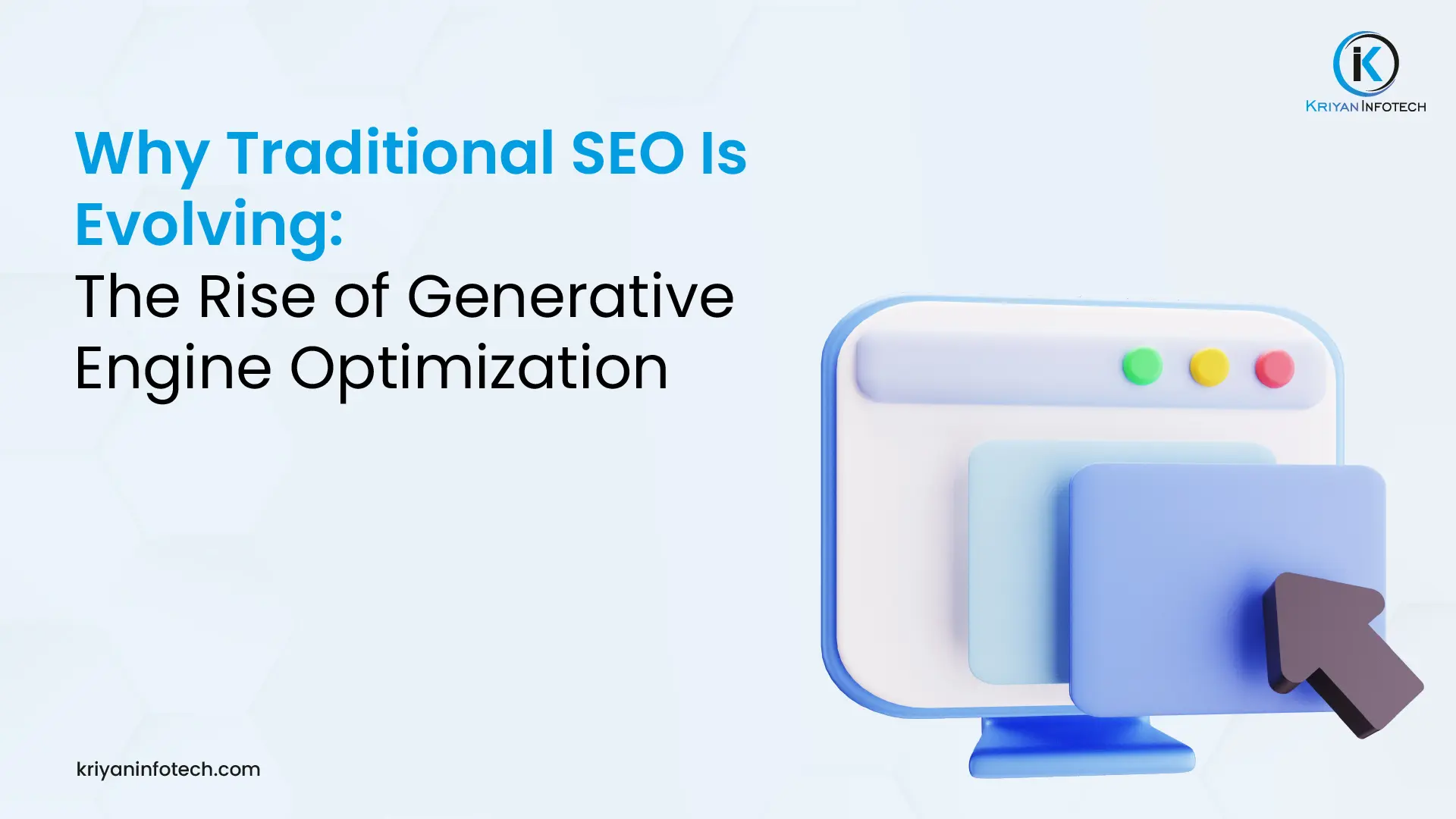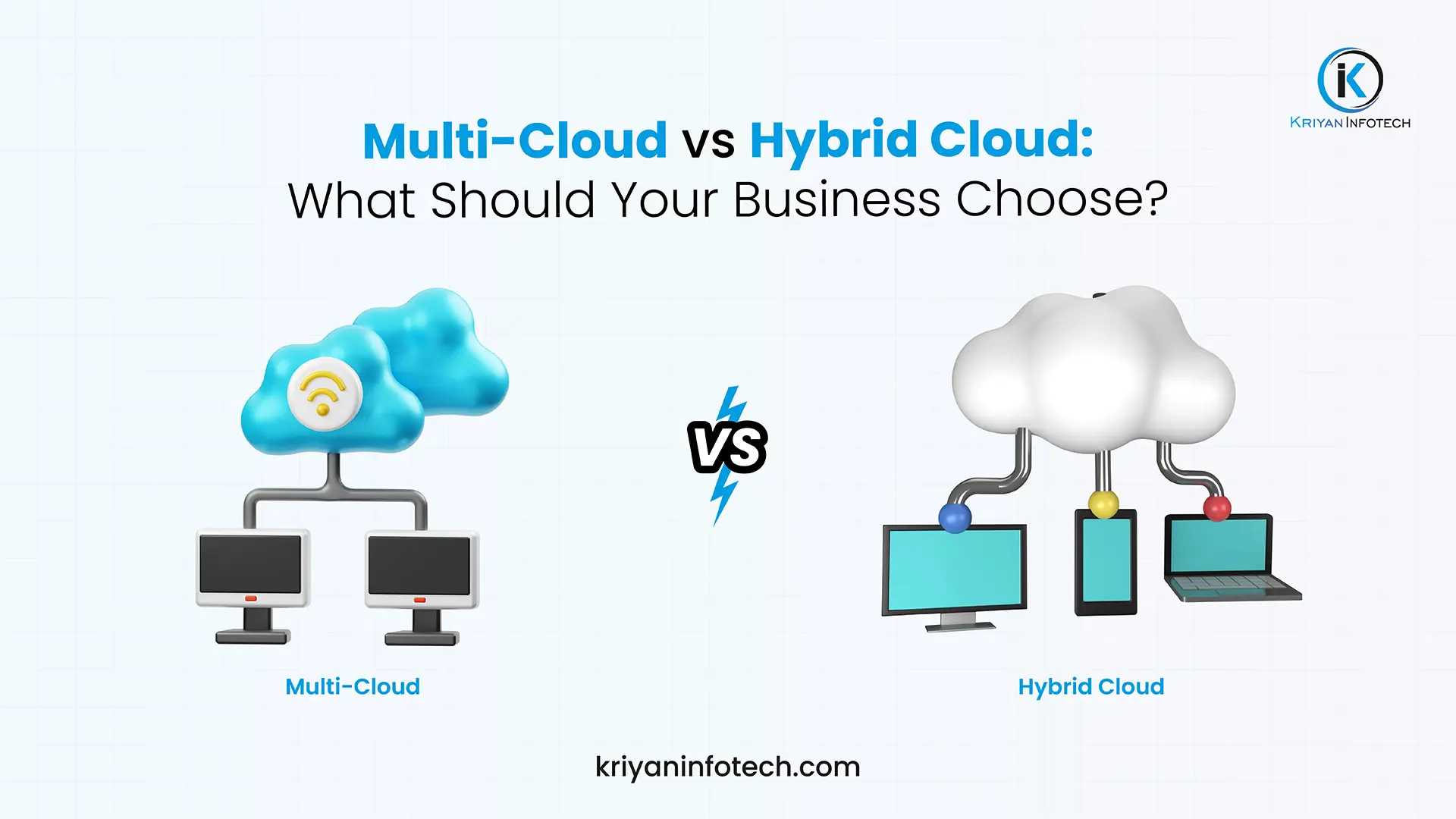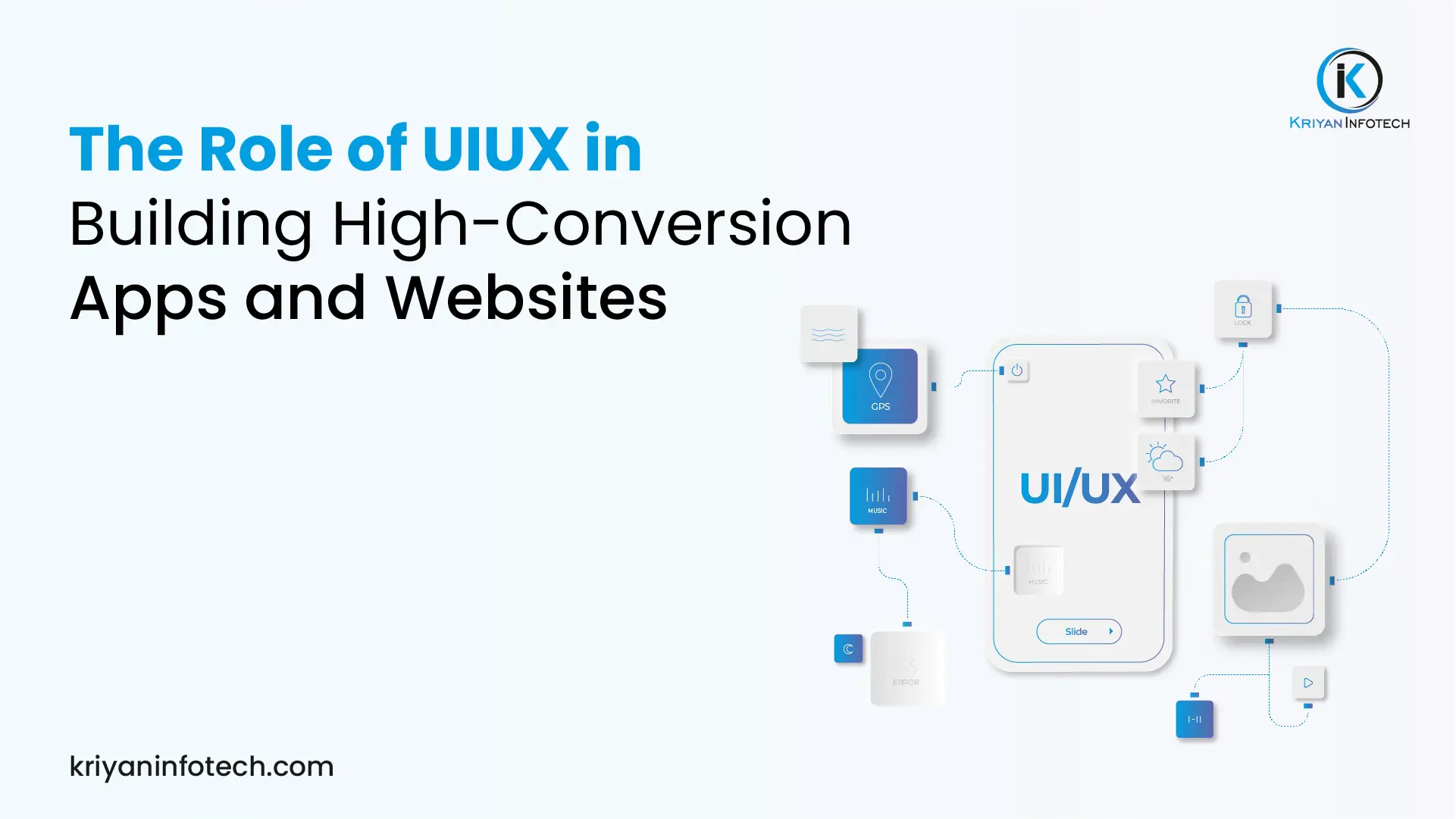
Best Mobile App Development Platforms You Need to Know in 2024
Introduction
Today, mobile applications have revolutionized how a business interacts with customers and organizes itself; however, it can be hard to develop a mobile application from displaying available mobile app development platforms. With the myriad options available, deciding the best for one’s project usually indicates that application will be functional, scalable, and satisfying for the end user. Here are the 10 best mobile application development platforms in 2024, with their features and assistance in selecting the right one for your project.
What is a Mobile Application Development Platform?
Mobile App Development Platform (MADP) is an environment for designing, developing, and deploying advanced mobile applications. These applications may be for Android devices, iOS devices, or both. Such development platforms reduce coding complexity, development time, and provide some resources such as UI components, integration capabilities, and testing functionalities. Giving a really powerful platform provides not only fast development speed but also high-quality user experience and application performance.
What Makes a Mobile App Development Platform the Best?
Selecting a development platform depends on factors like ease of use, available resources, supported operating systems, and scalability. Here’s what to look for:
- Cross-Platform Compatibility: Ensures your app can be deployed on both iOS and Android.
- Customizable UI/UX: Offers tools to create a unique, user-friendly experience.
- Integration and Testing Tools: Provides support for third-party integrations and testing environments.
- Performance and Scalability: Can handle growing user bases and complex functions.
- Community and Support: Platforms with strong developer communities offer better resources, support, and solutions.
Top 10 Best Mobile App Development Platforms in 2024
- Flutter
Developed by Google, Flutter has gained popularity for creating beautiful, high-performance apps from a single codebase. It uses the Dart language and offers a rich library of pre-designed widgets, which simplifies UI design. Flutter’s hot reload feature also allows real-time code adjustments, speeding up development.
- React Native
Backed by Facebook, React Native is a popular choice for building cross-platform apps. Developers can use JavaScript to create mobile apps for both iOS and Android, leveraging reusable components and ensuring a native feel. With a strong community and a vast range of libraries, React Native has become a go-to for many developers.
- Xamarin
Owned by Microsoft, Xamarin allows developers to create native Android and iOS applications using C#. It’s an excellent choice for businesses already invested in the .NET ecosystem. Xamarin provides a near-native experience and offers powerful tools, including Xamarin.Forms for quick UI creation.
- Swiftic
Swiftic is a DIY mobile app development platform designed for small businesses looking to create apps without extensive coding knowledge. It offers customizable templates, loyalty programs, and integration with e-commerce tools, making it ideal for small to medium-sized business apps.

- Ionic
Ionic is an open-source platform that uses web technologies like HTML, CSS, and JavaScript to build hybrid apps. It’s ideal for developers who want to create applications with a single codebase for multiple platforms. Ionic also supports integration with various frameworks, including Angular, React, and Vue, and has a massive plugin ecosystem for added functionality.
- Appcelerator Titanium
Appcelerator is known for its powerful API access and excellent backend integration, supporting native apps with high performance. Using JavaScript, Appcelerator provides easy access to device-specific features and supports rapid prototyping, making it suitable for developers who prioritize speed and native-like performance.
- Appy Pie
Appy Pie is another platform that allows users to create mobile apps without needing any coding skills. Known for its drag-and-drop interface, Appy Pie is perfect for beginners or businesses looking to create simple applications quickly. It also supports integration with tools like Google Analytics and offers cloud storage.
- Apache Cordova
Apache Cordova, formerly known as PhoneGap, enables developers to use HTML, CSS, and JavaScript to build cross-platform apps. Cordova supports plugins for native device functionality like camera and GPS, making it a viable choice for web developers transitioning to mobile app development.
- Unity
Primarily known for game development, Unity is a powerful platform for creating high-performance apps, especially those with interactive elements or 3D graphics. Unity offers cross-platform support, making it perfect for developers looking to build games or visually immersive applications.
- Kony
Kony provides a low-code development platform with a focus on enterprise applications. Its strong emphasis on security and scalability makes it ideal for business applications. Kony offers a unified codebase, supports multi-channel deployment, and includes pre-built templates, making it a valuable tool for large organizations.
How to Choose the Best App Development Platform for Your Project
Choosing the right platform depends on the app’s intended purpose, the technical expertise of the development team, and available resources. Here are some tips to guide your selection:
- Identify Platform Requirements: Determine if your app needs cross-platform compatibility or if a single platform (like iOS or Android) is sufficient.
- Consider Your Team’s Skills: Choose a platform that matches your team’s technical skills. React Native and Flutter are great for JavaScript developers, while Xamarin suits those familiar with .NET.
- Budget and Time Constraints: Some platforms, like Appy Pie and Swiftic, are ideal for quick and cost-effective development, while others, like Xamarin and Kony, are better for complex, scalable apps.
Conclusion
Selecting the best mobile app development platform is essential for building a successful application. With various options available, each platform offers unique strengths suited to different needs. From user-friendly platforms like Swiftic and Appy Pie to robust frameworks like Flutter and React Native, the right choice depends on your project’s complexity, timeline, and user expectations. Whichever platform you choose, Kriyan Infotech is here to support your development journey. Contact us today to bring your mobile app vision to life with our expert guidance.
Frequently Asked Questions (FAQs)
Swiftic and Appy Pie are highly recommended for beginners due to their drag-and-drop interfaces and minimal coding requirements.
React Native and Flutter are widely regarded as top choices for cross-platform app development, offering a single codebase for both iOS and Android.
Unity is the preferred platform for gaming apps, especially if they require interactive or 3D elements. However, other platforms like React Native and Flutter can handle simple games.
Consider factors such as scalability, security, and integration needs. Kony is a robust option for enterprise applications, while Xamarin integrates well with Microsoft services.
Costs vary based on the platform. Some, like Apache Cordova, are free, while others, like Kony, may require a subscription. Evaluate your project budget when selecting a platform.
Why Traditional SEO Is Evolving: The Rise of Generative Engine Optimization
Introduction Cloud adoption is no longer a competitive...
Multi-Cloud vs Hybrid Cloud: What Should Your Business Choose?
Introduction Cloud adoption is no longer a competitive...
The Role of UI/UX in Building High-Conversion Apps and Websites
Introduction Artificial intelligence is no longer a shiny...



